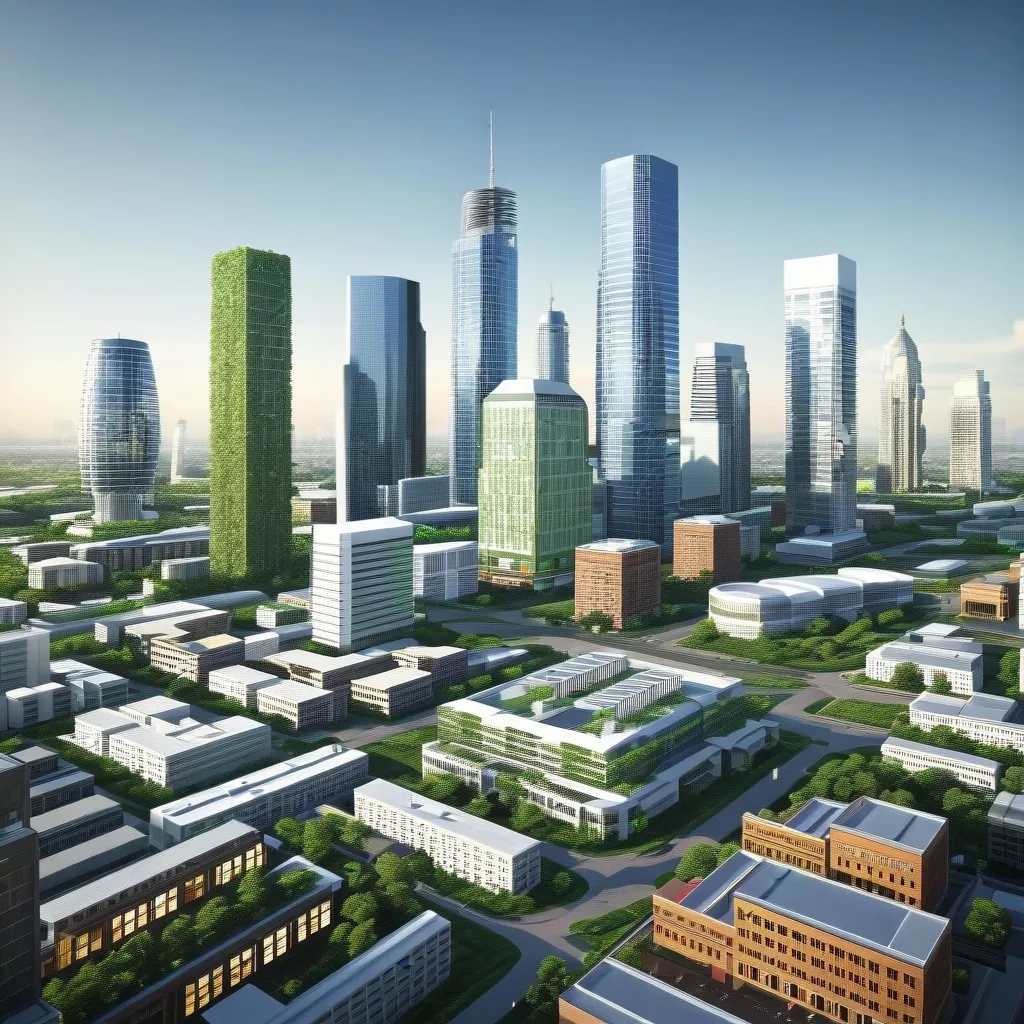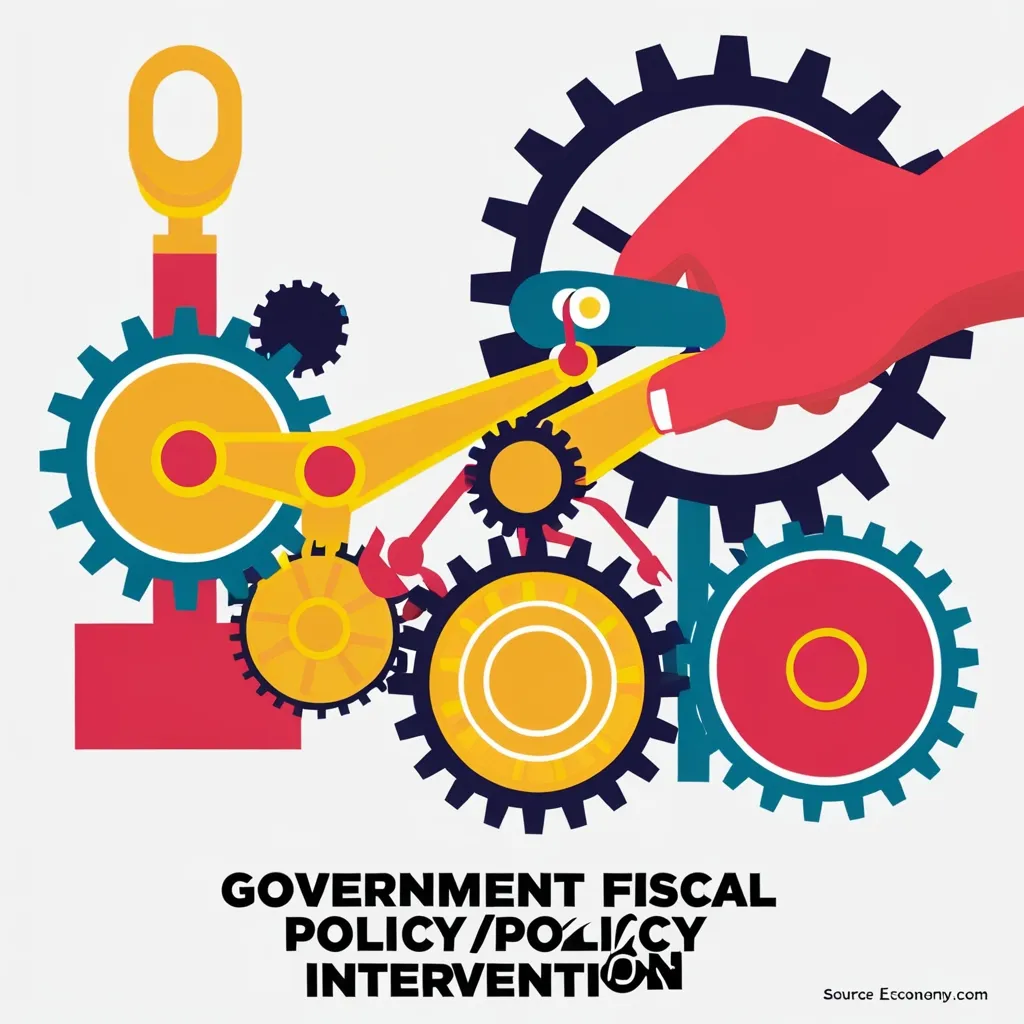Real Estate Investing in 2024: Navigating the Post-Pandemic Landscape
The real estate market in 2024 is a whole new ballgame. We’ve been through a wild ride with the pandemic, and now we’re seeing some pretty interesting shifts. If you’re thinking about jumping into real estate investing this year, you’ve got to be ready to adapt and think on your feet.
Let’s start with the residential side of things. People are still crazy about single-family homes and suburban living. It’s like everyone suddenly realized they needed more space after being cooped up during lockdowns. If you’re looking to invest, keep an eye on areas with strong rental demand and good potential for returns. The Sun Belt in the US is pretty hot right now - people are flocking there for the warmer weather and cheaper living costs.
Now, commercial real estate is a different story. With so many people working from home and shopping online, office spaces and traditional retail aren’t what they used to be. But don’t write them off just yet. Smart investors are getting creative - turning old office buildings into flexible workspaces or even apartments. And if you’re looking for a sure bet, logistics and fulfillment centers are booming thanks to all that online shopping.
Mixed-use developments are also gaining traction. Imagine a building with apartments, offices, and shops all in one place. It’s like a little community in itself, and people are loving it. These projects can be a goldmine if you play your cards right.
Cities are making a comeback too. After a rough patch during the pandemic, urban areas are starting to buzz again. If you can snag a property in a prime location, you could be sitting pretty. Look for spots near public transit or cultural hotspots - they tend to hold their value well.
Technology is a big deal in real estate now. We’re not just talking about fancy gadgets in homes (although those are cool too). Investors are using AI and big data to make smarter decisions about where and when to invest. And property management? There are some amazing tools out there that can make your life a whole lot easier.
Sustainability is another hot topic. People care about the environment more than ever, and that extends to where they live and work. Green buildings aren’t just good for the planet - they can be good for your wallet too. They often command higher rents and resale values, plus they’re cheaper to run.
Looking at the bigger picture, there’s a lot of optimism about real estate in 2024. Home prices are expected to keep growing, albeit at a slower pace than we’ve seen in recent years. Renting is becoming more popular in many markets, which could be good news if you’re looking to invest in rental properties.
Interest rates are still on the high side, but they’re expected to come down a bit. This could make mortgages more affordable and boost demand for housing. Just be careful with your financing - high interest rates can bite if you’re not prepared.
Some sectors are looking particularly promising this year. Data centers are on fire, thanks to the growth of AI and cloud computing. Single-family rentals in the US and European hotels are also looking good. And logistics? Still a hot ticket, especially in strategic locations.
Globally, things are looking up too. Consumer confidence is bouncing back in Europe, and Asia Pacific is staying strong. But it’s not all smooth sailing - there are still risks to watch out for. Geopolitical tensions, inflation, and those pesky interest rates could all throw a wrench in the works.
So, what’s an investor to do in this mixed-up market? Stay informed, be flexible, and don’t be afraid to get creative. Look for opportunities in resilient sectors, use technology to your advantage, and keep sustainability in mind.
If you’re thinking about residential investments, consider areas with strong demographic trends. Maybe that’s a growing suburb or a revitalizing urban neighborhood. For commercial properties, think about how spaces can be adapted for multiple uses. That old office building might make a great co-working space or even apartments.
Don’t forget about emerging sectors like data centers and logistics. These might not be as glamorous as a shiny downtown condo, but they could offer stable returns in the long run.
And speaking of the long run, that’s really what real estate investing is all about. Sure, you might get lucky with a quick flip, but the real money is in patient, strategic investing. Look for properties with strong fundamentals in areas with good growth potential.
Remember, real estate isn’t just about buildings - it’s about people. Think about what people need and want in their living and working spaces. Maybe that’s more outdoor space, better amenities, or more flexible layouts. If you can provide what people are looking for, you’re more likely to see good returns on your investment.
It’s also worth thinking about how different generations are approaching real estate. Millennials and Gen Z have different priorities than older generations. They might value sustainability more, or be more interested in urban living with lots of amenities nearby.
Don’t be afraid to look beyond your local market, either. With remote work becoming more common, people are more willing to move to new areas for a better quality of life. This could open up opportunities in markets you might not have considered before.
One trend that’s worth watching is the rise of proptech - that’s technology specifically designed for the real estate industry. From virtual property tours to AI-powered market analysis, these tools can give you a real edge as an investor.
Financing is another area where you’ll need to be savvy in 2024. With interest rates still relatively high, it’s more important than ever to shop around for the best deals. Consider alternative financing options too, like crowdfunding or real estate investment trusts (REITs).
Risk management is crucial in this market. Diversification is key - don’t put all your eggs in one basket. Maybe that means investing in different types of properties, or in different geographic areas. And always have a contingency plan. What would you do if interest rates spike, or if there’s another economic downturn?
In conclusion, real estate investing in 2024 is all about being adaptable, informed, and strategic. The market is changing rapidly, but that change brings opportunities as well as challenges. Whether you’re a seasoned investor or just starting out, there’s potential for success if you’re willing to do your homework and think creatively.
Remember, every market is different, and what works in one area might not work in another. Do your research, consult with local experts, and always be ready to adjust your strategy as conditions change. With the right approach, real estate investing can be a rewarding and profitable venture in 2024 and beyond.






